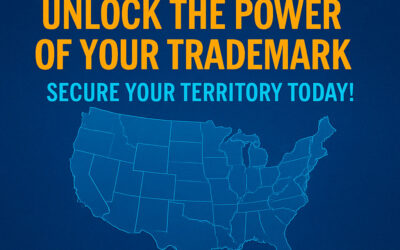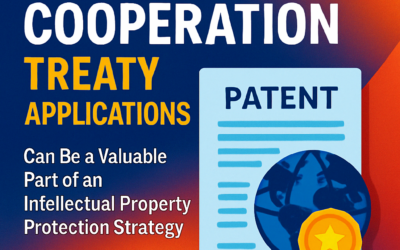Automotive manufacturers and car sellers rely on an effective supply chain in order to get the latest models of awaited vehicles out to their customers. Component manufacturers rely on their intellectual property protections such as patents and licenses to ensure that their competition or suppliers don’t make them irrelevant. For the most part, these two elements can exist more or less in harmony. But as we have seen in full force ever since 2020, supply chain disruptions can happen at any moment and they can throw a wrench into everyone’s plans.
What can manufacturers and customers do to both stay on their timeline and protect their intellectual property? Often, the answer comes down to specific and thorough licensing in the intellectual property agreement.
How IP Works In Automotive Supply Chains
In automotive supply chains, auto manufacturers have to receive necessary components from other manufacturers. Likewise, dealers have to receive the cars themselves from automotive manufacturers. Suppliers can patent their processes and designs. They can also protect their “know-how,” the practical knowledge that they use to manufacture the component.
When distributing these parts to customers, they may sometimes have to share some of that protected information — such as how a component might work to fit in with the overall auto manufacturing. Because of this, suppliers and customers draft an IP agreement, granting the customer a limited license to use the process, design, or know-how only in a specific situation. This keeps customers from replicating the supplier’s process for themselves, while still allowing customers to have the information they need. Typically, these are very exclusive and protective agreements.
The Complicated Nature of Supply Chain Disruptions
Unfortunately, supply chain disruptions can test the boundaries of those IP agreements and limited licenses. In a supply chain disruption, suppliers are unable to provide components in their usual quantity in a timely fashion. The longer this goes on, the more risk the customer has of being able to meet their own quotas and losing the goodwill of their customers.
For instance, if the auto manufacturer can’t get their hands on a part they need for the vehicle, that new car line will not be finished on-time. The consumers who were eagerly looking forward to the release of the car may feel frustrated or lied to. They may even look elsewhere in the future.
On the other hand, if the auto manufacturer acts outside of the boundaries of the license granted to them by the supplier — by recreating their process in-house or outsourcing it to another company — that’s IP infringement. It could ruin their goodwill with the supplier, and it could get them in a lot of legal trouble. And the supplier has those protections for good reason. Their process is, ultimately, what they bring to the table. It’s what sets them apart from the competition. If someone else gets their hands on that IP, the supplier could lose a substantial amount of revenue.
It’s a tricky situation, one where both the supplier and the customer’s livelihoods are on the line. That’s why IP agreements and conditional licenses should be formed to consider potential supply chain disruptions.
How Conditional Licenses Offer Protection For Both Sides
Suppliers need to protect their process, their know-how, their components. Customers need to know that they can still get the supplies they need in a timely fashion. To avoid disruption, the best solution is to craft a conditional license between the supplier and customer, extending the customer’s access to the supplier’s IP only in certain, necessary situations.
In the event that the supplier is slowed and unable to provide necessary parts to their customers on time, for example, a conditional license might give customers one or two options: either they could manufacture the part in-house with knowledge of the process; or they could order it from a third party manufacturer, imparting that knowledge. When the supplier is working on time and there is no threat of disruption, this condition does not apply. It is essentially an “in case of emergency” conditional license.
If the customer chooses to outsource the product to a second source supplier, the primary source supplier will need to grant a limited license to the second source supplier. This will allow the second source supplier to manufacture and supply the component in this specific instance, while still protecting the primary source supplier’s rights overall.
It should be very clear in the conditional license what events could trigger allowance for in-house manufacturing or second-source supply. For instance:
- If the supplier is delayed beyond the deadline for the customer
- If the supplier is unable to meet the volume of demand
- If the supplier can only meet the demand at a price out of budget for the customer
That’s why it’s essential to have an experienced IP attorney draft your conditional license to avoid any potential blindspots. And that’s where Garcia-Zamor can help. We have over 20 years of combined experience in the area if IP law. Contact us today to learn more or to schedule a consultation.







